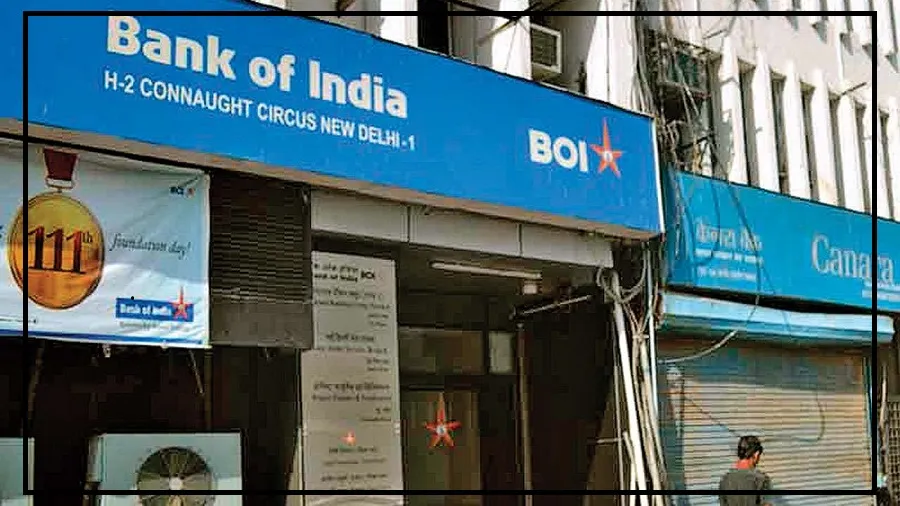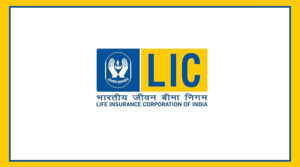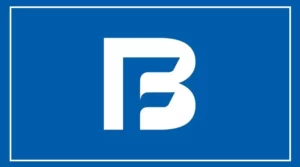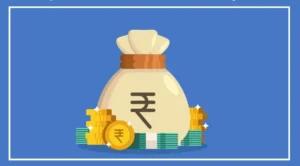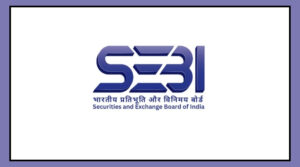Are you struggling to keep the minimum balance in your bank account every month? Tired of paying penalties? There’s good news.
Several major government banks have removed charges for not maintaining the minimum balance in savings accounts.
Let’s find out which banks have made this change and how you can benefit from it.
Union Bank of India
Union Bank of India has announced that starting from the September 2025 quarter, it will no longer charge a penalty for not maintaining the minimum balance in regular savings accounts.
This means that even if your account balance drops below the required amount, you won’t be charged any fee.
Bank of Baroda
From July 1, 2025, Bank of Baroda has removed the minimum balance penalty for all standard savings accounts.
However, this change does not apply to premium savings schemes. Make sure to check which type of account you hold.
Indian Bank
Indian Bank has also removed the penalty for not maintaining the minimum balance across all its savings accounts. This new rule has been in effect since July 7, 2025.
Canara Bank
Canara Bank introduced this benefit back in May 2025. Customers holding regular savings, salary, or NRI accounts no longer have to worry about maintaining a minimum balance—no penalties will be charged.
State Bank of India (SBI)
SBI has led the way in this area. Since 2020, the bank has not required any minimum balance on its savings accounts. SBI customers have already been enjoying this freedom for several years.
Bank of India
Bank of India has also recently scrapped the penalty for not keeping a minimum balance in savings accounts. The bank says this move will make banking easier and offer more financial flexibility to customers.
What is AMB?
AMB, or Average Monthly Balance, is the average amount that you must maintain in your bank account each month.
If the balance goes below this amount, banks used to charge a penalty. But now, many banks are doing away with this rule, bringing relief to account holders.
If your savings account is in one of these banks, you no longer need to worry about maintaining a monthly balance.
This change is especially helpful for people living in small towns, rural areas, or those with limited income.


